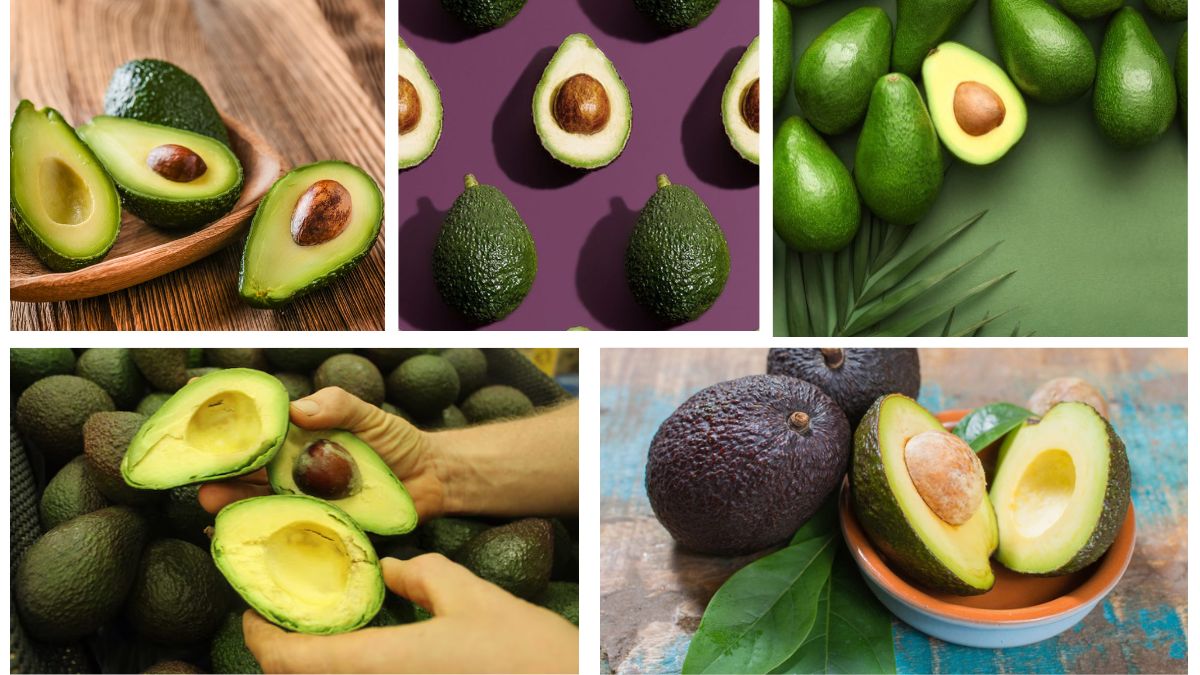Over the past decade, the humble avocado has evolved from a regional delicacy to a global superfood. Loved for its creamy texture, mild flavor, and exceptional nutritional value, the avocado (Persea americana) has become a staple in health-conscious diets and culinary traditions worldwide. From toast toppings and guacamole dips to smoothies and salads, this nutrient-packed fruit has seen soaring demand in international markets.
As the global appetite for avocados continues to rise, several countries have emerged as leading producers. However, one nation stands out as the undisputed leader in both avocado production and export: Mexico. Known for its ideal growing conditions and rich agricultural history, Mexico has long been synonymous with avocados, supplying more than a third of the world’s demand.
This article explores Mexico’s dominance in the global avocado industry, examines other key suppliers, highlights the economic and health importance of this versatile fruit, and discusses challenges and trends shaping the future of the avocado trade.
Global Avocado Market Overview
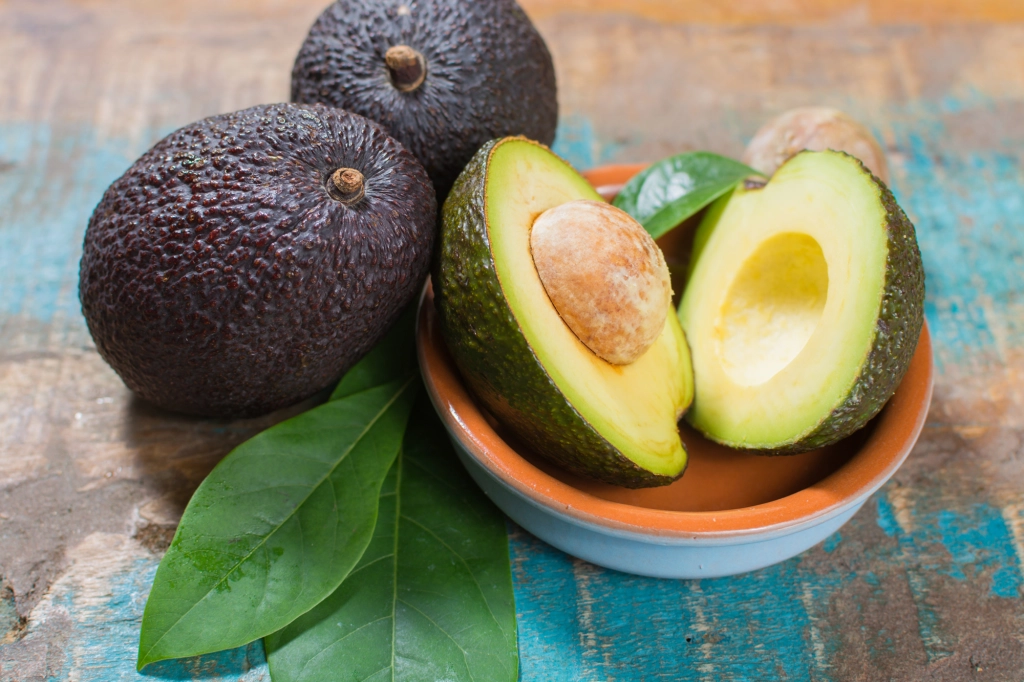
Avocados are native to Central America and southern Mexico and have been cultivated for thousands of years. Today, avocados are grown in over 70 countries, with the global avocado market surpassing 12 million metric tons in annual production.
Key characteristics of avocado cultivation:
- Prefers warm, subtropical to tropical climates
- Requires well-drained, fertile soils
- Sensitive to frost and extreme drought
Three major commercial varieties dominate the market:
- Hass (the most widely cultivated and exported)
- Fuerte
- Bacon
Which Country Is the Largest Avocado Supplier in the World?

Mexico: The Avocado Capital of the World
According to the Food and Agriculture Organization (FAO) and the latest agricultural export data, Mexico is the largest avocado supplier in the world, producing over 2.4 million metric tons annually, accounting for over 30% of global avocado production.
Global Avocado Production Snapshot (2024 Estimate)
| Rank | Country | Annual Production (Metric Tons) |
|---|---|---|
| 1 | Mexico | 2.4 million |
| 2 | Colombia | 1.1 million |
| 3 | Peru | 870,000 |
| 4 | Indonesia | 670,000 |
| 5 | Kenya | 470,000 |
Mexico’s leadership is not only in production but also in exports, with avocados reaching markets in the United States, Japan, Canada, the European Union, and China.
Why Is Mexico the World’s Top Avocado Supplier?
Several factors contribute to Mexico’s dominance in the global avocado industry:
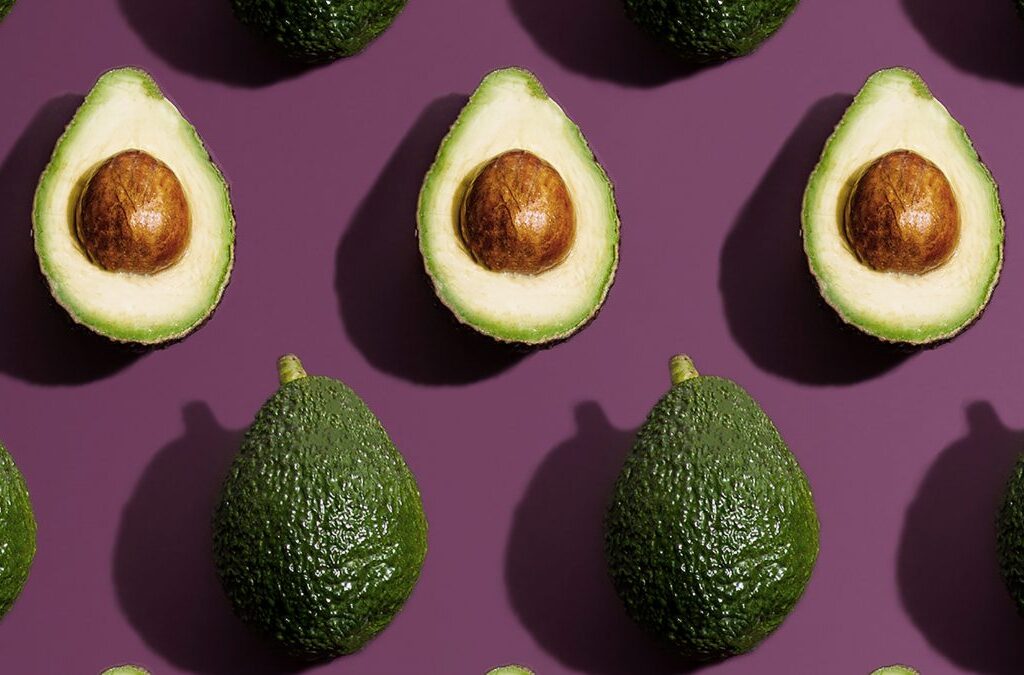
1. Ideal Climate and Geography
The state of Michoacán alone contributes over 80% of Mexico’s avocado production. Located in west-central Mexico, Michoacán boasts:
- Volcanic, nutrient-rich soils
- Year-round mild, subtropical climate
- Abundant rainfall and natural irrigation
- Optimal altitudes between 1,600 to 2,500 meters above sea level
These conditions are perfect for growing Hass avocados, the variety most demanded worldwide.
2. Year-Round Harvesting Advantage
Unlike other countries with limited avocado seasons, Michoacán’s unique climate allows for year-round avocado harvesting, ensuring continuous supply to both domestic and international markets.
3. Rich Agricultural Tradition
Mexico’s history with avocado cultivation spans over 9,000 years. Generations of farmers possess extensive knowledge of:
- Tree care and pruning
- Pest and disease management
- Traditional grafting and propagation techniques
4. Large-Scale Export Infrastructure
Mexico’s avocado industry benefits from:
- Modern packing and processing facilities
- Efficient transportation and cold chain systems
- Strict phytosanitary standards to meet export requirements
This infrastructure has allowed Mexico to expand exports, particularly to the United States, where it commands over 80% market share.
5. Government and Industry Support
Organizations like APEAM (Association of Avocado Exporting Producers and Packers of Mexico) work closely with government bodies to:
- Oversee quality control
- Implement sustainable farming practices
- Manage export logistics and certification
Other Major Avocado-Producing Countries
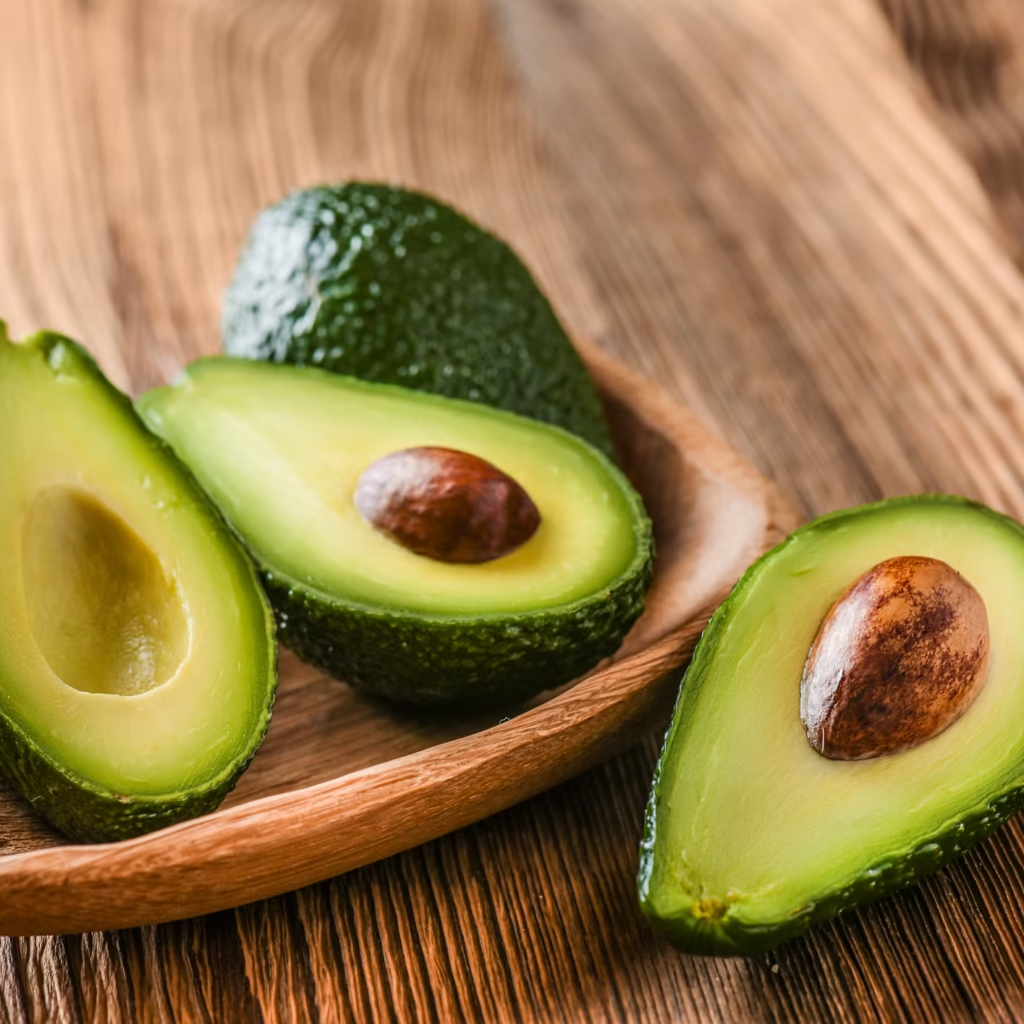
While Mexico leads the global avocado market, several other countries play crucial roles in meeting growing international demand:
1. Colombia
Rapidly expanding its avocado industry, Colombia has become the second-largest producer, capitalizing on its diverse climate zones and fertile lands. Most of its production is exported to Europe and the U.S.
2. Peru
Peru is a major seasonal exporter, supplying avocados primarily to Europe and Asia during the Northern Hemisphere’s off-season (May to September).
3. Indonesia
Indonesia focuses on domestic consumption, with significant production of both Hass and native avocado varieties.
4. Kenya
Kenya leads Africa in avocado production, exporting mainly to Europe and the Middle East.
Economic Importance of the Avocado Industry
Avocados are a high-value cash crop and a vital part of the economies in major producing countries, particularly Mexico. Key economic benefits include:
- Generating billions in export revenue
- Creating thousands of jobs in farming, logistics, and processing
- Supporting smallholder farmers and rural communities
- Boosting agri-tech innovation through the use of modern irrigation, pest control, and post-harvest handling technologies
In Michoacán alone, the avocado industry employs over 300,000 people and supports 25,000 farms.
Nutritional and Health Benefits of Avocados
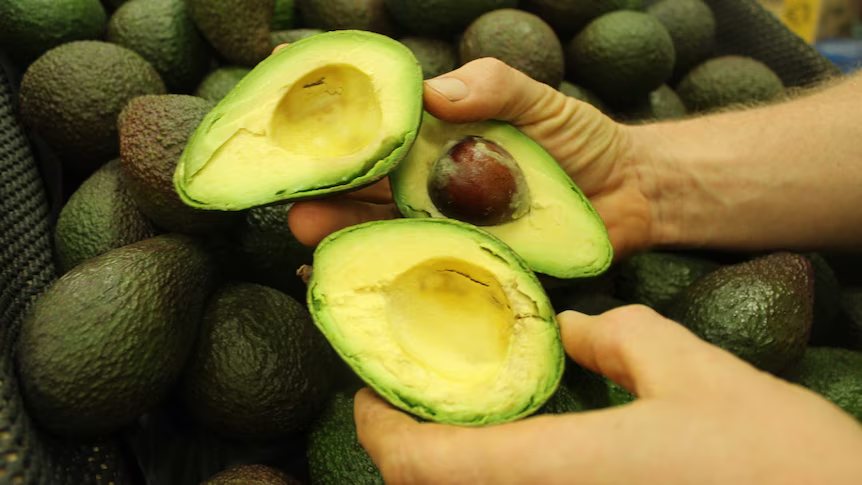
The rise in avocado demand is closely tied to its exceptional health benefits. Avocados are rich in:
- Monounsaturated fats (heart-healthy fats)
- Vitamin E, C, B6, and K
- Potassium (more than bananas)
- Fiber
- Antioxidants like lutein and zeaxanthin
Scientific studies have linked avocado consumption to:
- Reduced risk of heart disease
- Improved cholesterol levels
- Enhanced nutrient absorption
- Better eye and skin health
- Support for weight management
This has made avocados particularly popular among health enthusiasts, vegans, and followers of Mediterranean and plant-based diets.
Challenges in Avocado Production
Despite its economic importance, the avocado industry faces several challenges:
1. Environmental Impact
Avocado farming, especially on a large scale, can contribute to:
- Deforestation
- Water scarcity
- Loss of biodiversity
Mexico has made strides in promoting sustainable and organic avocado farming to reduce ecological damage.
2. Climate Change
Rising temperatures, erratic rainfall, and extreme weather events threaten avocado yields and tree health.
3. Market Fluctuations
Overproduction or market saturation in certain regions can lead to price instability and affect farmer incomes.
4. Export Regulations
Strict sanitary and phytosanitary regulations in key markets like the U.S. and EU require continuous quality assurance and compliance efforts.
The Future of Global Avocado Production
As global demand for avocados shows no signs of slowing down, several trends are shaping the future of the industry:
- Expansion of avocado orchards in non-traditional regions like Australia, Spain, and Morocco
- Rising popularity of organic and sustainable avocados
- Development of avocado-based processed products such as oils, powders, and skincare lines
- Adoption of precision agriculture and drip irrigation for efficient resource use
- Increased international trade agreements to open new markets
Mexico, with its unmatched experience, infrastructure, and production capacity, is expected to retain its leadership position while promoting more sustainable, eco-friendly practices.
Conclusion
In summary, Mexico is the world’s largest avocado supplier, producing over 2.4 million metric tons annually and dominating both global production and export markets. Its success is driven by ideal growing conditions, year-round harvest capacity, rich agricultural heritage, and advanced export infrastructure.
Other nations like Colombia, Peru, Indonesia, and Kenya contribute significantly to regional and international markets but remain well behind Mexico’s staggering production volumes.
As avocado consumption continues to surge worldwide, Mexico’s avocado industry is poised to maintain its prominence, balancing economic growth with environmental responsibility and innovation.
